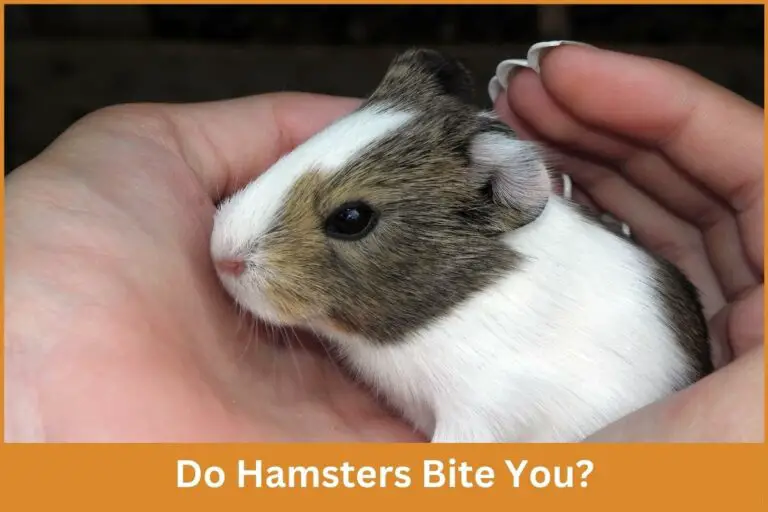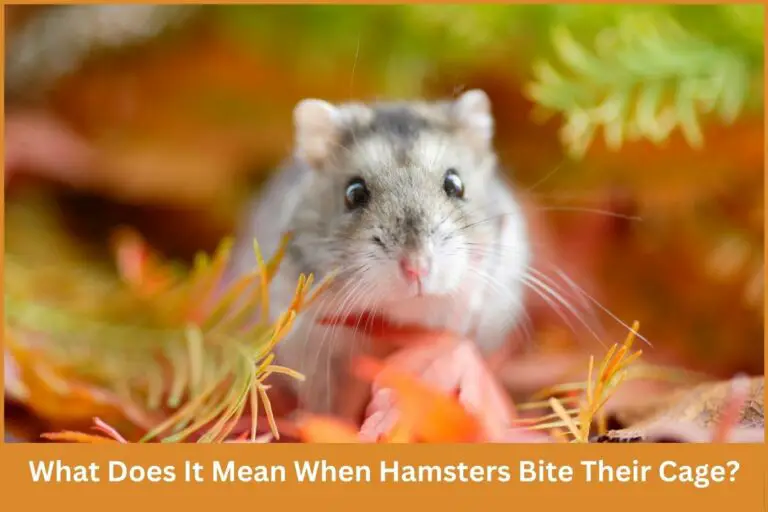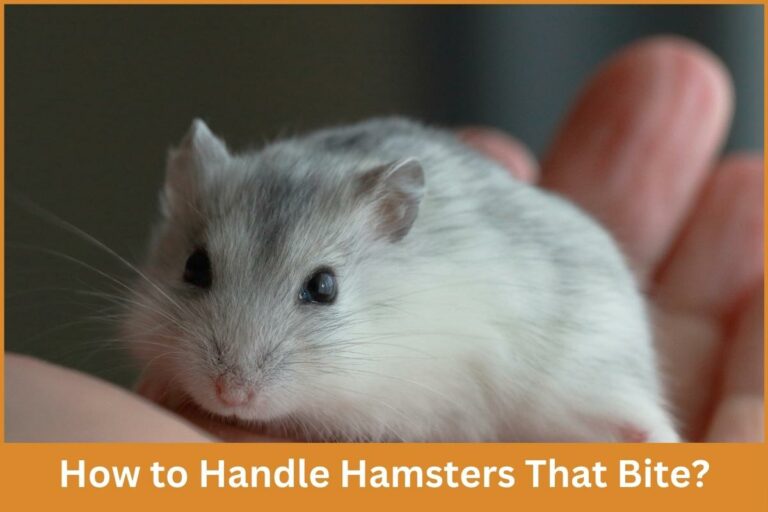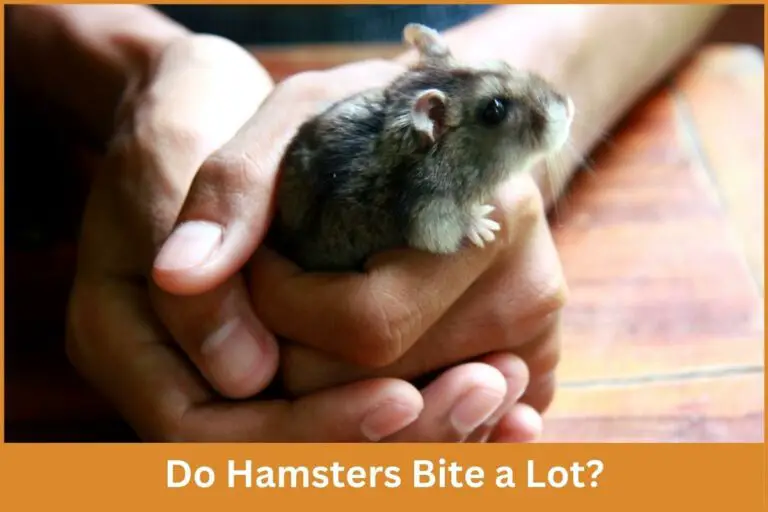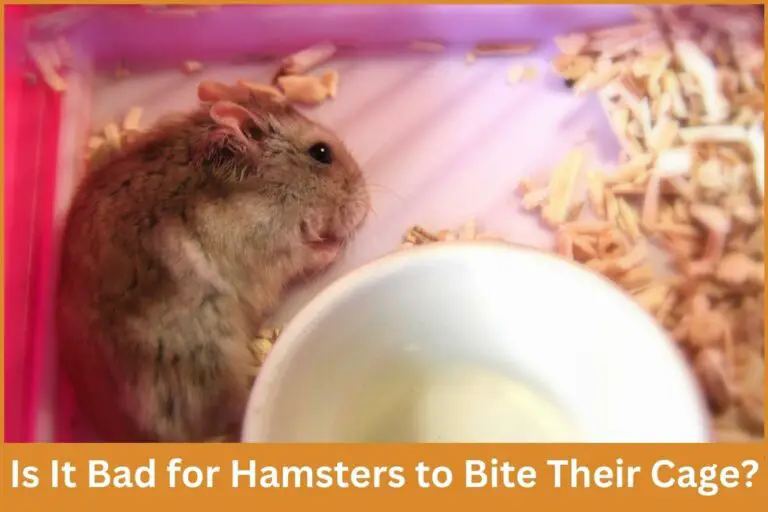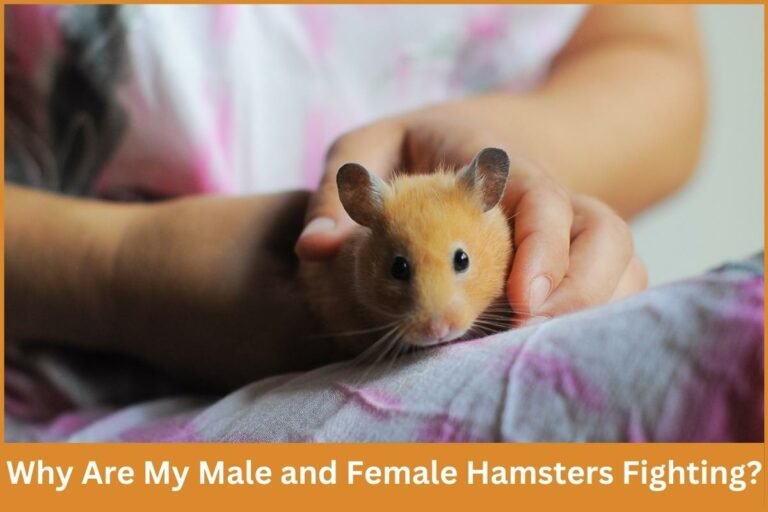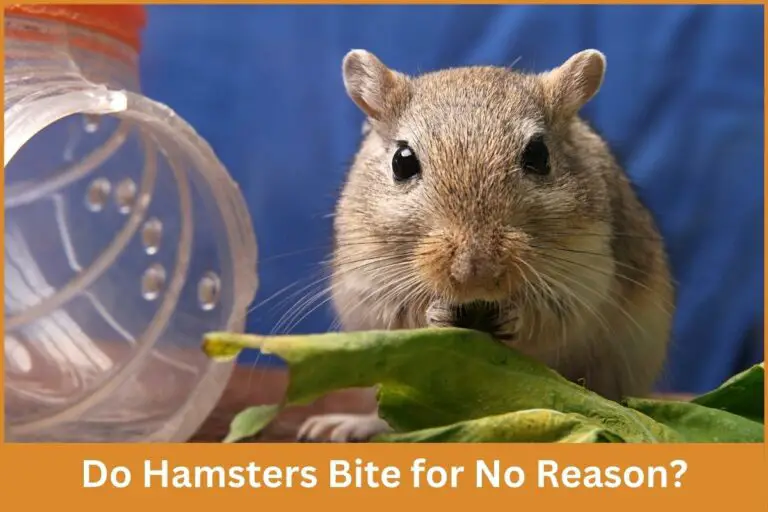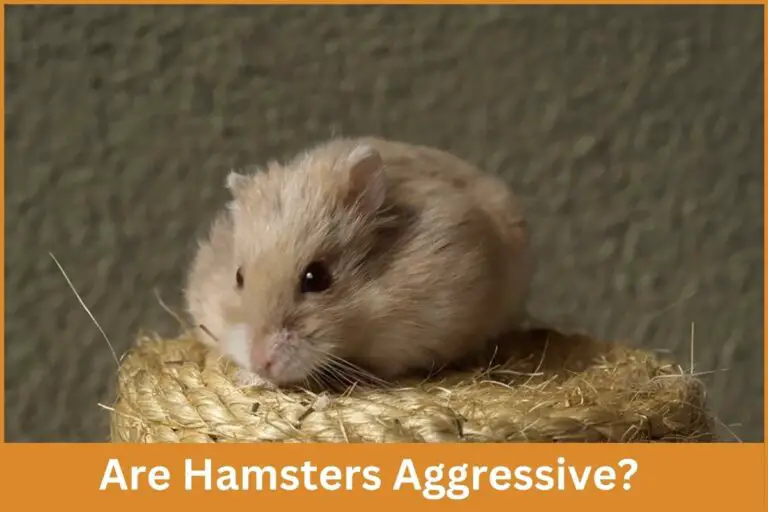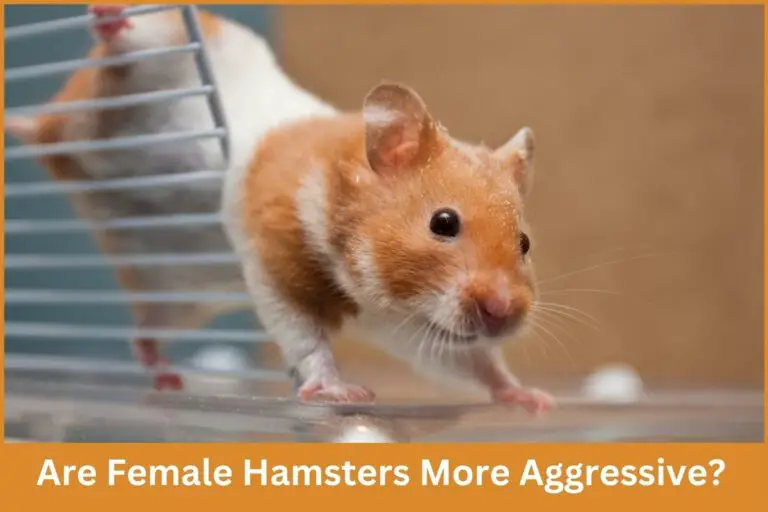It can be surprising when your docile hamster suddenly starts displaying aggressive behaviors like biting or attacking their cagemates. Here are some reasons hamsters can develop aggression issues and tips for handling it:
- Stress – Hamsters are prey animals wired to protect themselves. Situations they perceive as stressful like a cramped habitat, improper diet, or loud environment can make them act out defensively. Manage stress by providing a spacious home with hiding spots, a balanced diet, and a peaceful surrounding.
- Territory – Hamsters are very territorial of their habitat and accessories. Having multiple hamsters housed together or introducing a new hamster too quickly can cause fights over territory. Introduce new hamsters slowly by trading cages and adding smells before physical interactions.
- Hormones – Hamsters reach maturity around 4-5 weeks old. This can trigger aggressive behaviors in male hamsters especially. Neuter male hamsters to curbtestosterone-fueled aggression toward cagemates.
- Environment – Some hamsters display cage aggression where they appear tame when handled but are aggressive when a hand reaches inside their enclosure. For these hamsters, use a pen or scoop to transfer them instead of your hand.
- Boredom – An under-stimulated hamster may act out with aggression. Prevent this by providing ample toys, chews, hides, tunnels, foraging opportunities, and exercise. Rotate new toys weekly to keep them engaged.
If you notice any aggressive or hostile behavior, do not discipline them as this can worsen the aggression. Separate fighting hamsters immediately and contact an exotic vet if you suspect hármful aggression. With proper handling techniques, you can curb hamster aggression.

